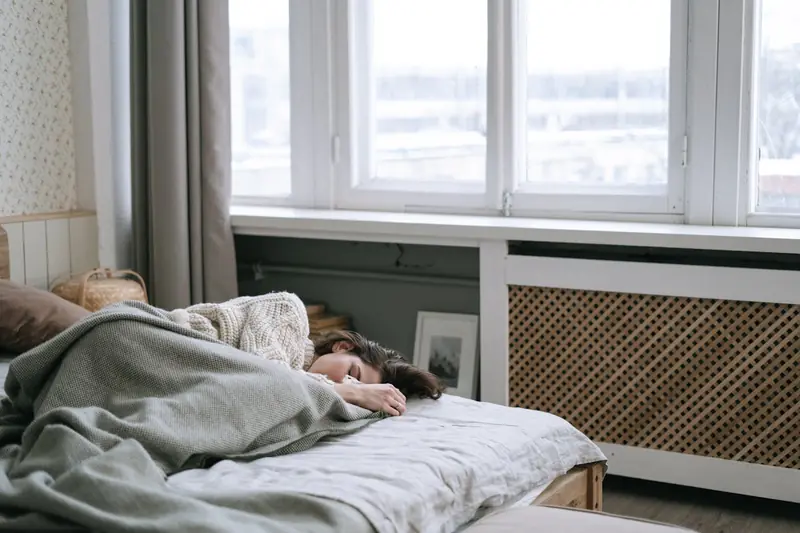
Researchers have finally identified a personality type that enjoys deep, restful sleep: those with a high level of empathy. According to scientists, this connection can be attributed to the fact that empathy is linked to improved emotional regulation.
Empathy for Better Health!
In reality, you can’t just force yourself to become more compassionate to solve sleep issues. It’s a character trait, not a skill that can be acquired.
To demonstrate the importance of empathy for sound sleep, researchers utilized data from a 37-year study that began in 1980. The study involved 3,596 young Finns born between 1962 and 1977. Their sleep patterns were assessed in 2001, 2007, and 2012.
The team focused on participants who completed empathy assessments in both 2001 and 2012, totaling 1,056 volunteers. All participants answered questions from a temperament and character test developed by psychiatrist and geneticist Robert Cloninger, known for his research on personality types based on habits and temperament.
Volunteers were also evaluated using the Jenkins Sleep Scale and the Maastricht Questionnaire on Life Exhaustion, which measure the extent of sleep problems.

What Scientists Discovered
According to the study’s findings, participants with the highest levels of empathy exhibited the best sleep quality and lower levels of anxiety. However, researchers found no correlation between empathy and sleep duration, as reported by the Daily Mail.
While empathetic individuals tend to go to bed late and often struggle to fall asleep due to anxiety—perhaps worrying about not calling home or accidentally saying something inappropriate—they still manage to sleep better, the researchers noted.
The new findings align with results from previous studies suggesting that empathy can enhance emotional regulation. And as proven, the ability to regulate emotions improves sleep quality.
The study’s conclusions were published in the journal Brain and Behavior.
What Other Researchers Have Said on This Topic
A 2019 study published in the journal Nature Human Behavior found that lack of sleep increases the risk of anxiety.
Statistics show that about 34 percent of adults aged 18 to 64 are deprived of quality sleep, getting less than seven hours per night. This figure drops to 26 percent for those aged 65 and older.
Other studies indicate that men are more likely to experience sleep deprivation than women. About 33.3 percent of men report sleeping less than seven hours a night, compared to 32.1 percent of women.
